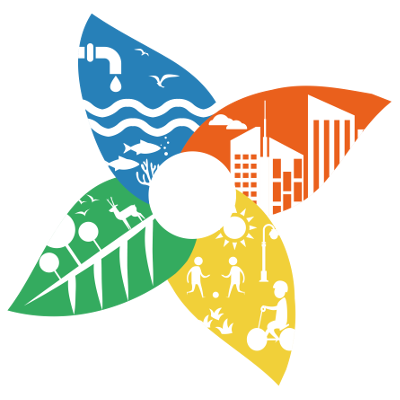Cape Town made international headlines earlier this year when officials announced that the city was only weeks away from turning off water supply to household taps due to extensive drought. Although Day Zero was pushed back thanks to dramatically reduced water consumption, climate change means that drought is (and will continue to be) a fact of life for Cape Town. One growing response is to remove water thirsty invasive plant species from catchments in order to increase water supply.
Cape Town’s water supply comes from dams and aquifers fed by water trickling into surface and ground water systems. But invasive plant species have overtaken some of these catchment areas. Non-native species like Acacia trees suck up much more water than the indigenous shrubs and flowers that make up the area’s astoundingly biodiverse fynbos ecosystem. Removing non-native species could significantly increase water supply
South Africa’s Working for Water program has sought to remove invasive plant species while providing employment in clearing vegetation since 1995, but invasive species still choke water catchments around the country. New efforts are starting to be ramped up, including The Nature Conservancy’s Cape Town Water Fund.
The Water Fund draws together water users to mobilize funding and ramp up existing efforts. Work has already begun clearing invasive species from catchments that recharge the Atlantis aquifer, which several communities in Cape Town rely on for water supply. The approach doesn’t just provide environmental solutions, but also economic ones. Plant clearing programs offer job skills training and employment opportunities to communities where very high levels of unemployment are an enduring legacy of Apartheid.
Water resiliency in Cape Town will mean adopting a range of water efficiency and sustainable water supply solutions, including those that take a nature based approach. When it comes to water, invasive species catchment management will be a key part of a climate change adaptation strategy for Cape Town.
Laura Tozer is a Researcher at Durham University working on the NATURVATION project.
